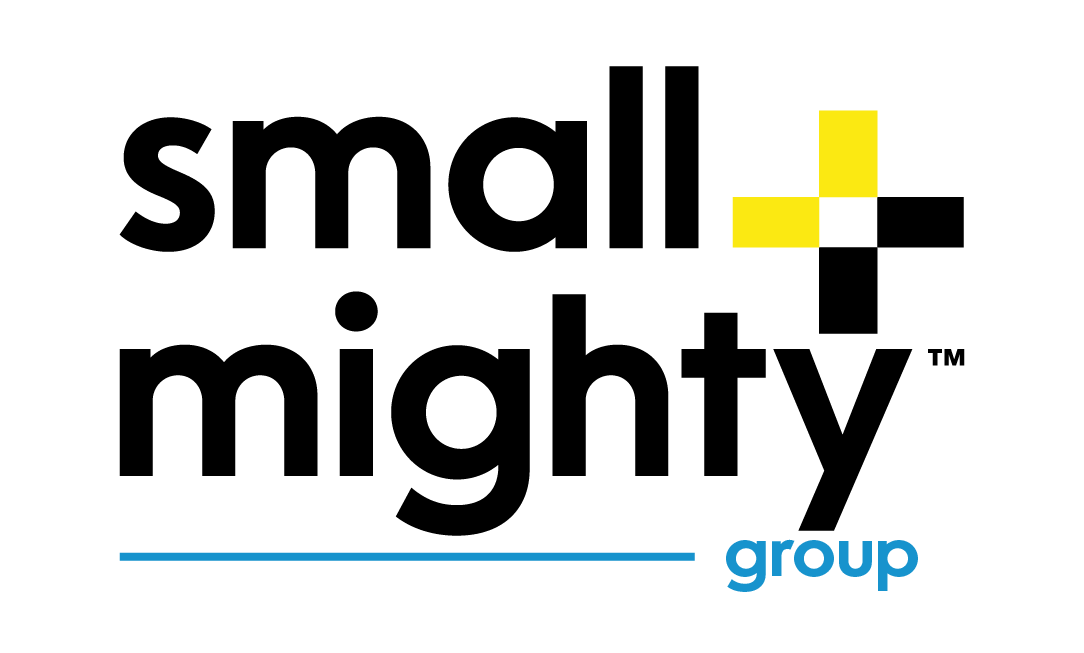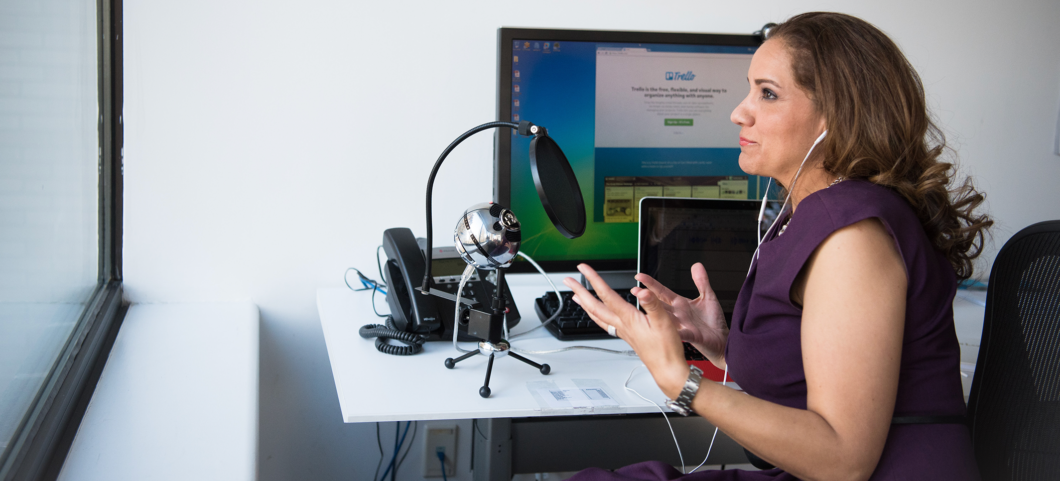Remote working has become the new normal. But how sustainable is it to operate your company with a remote workforce? This question causes a great divide in opinion, especially at c-level. I can tell you from experience – you can build a sustainable, successful and profitable company by working remotely. What some perhaps don’t consider, is that it’s not a matter of either having it one way or another. Real success comes when you take a hybrid approach and empower your team to work in-house, and remotely.
I created the company Small and Mighty after recognising a gap for flexible, skilled and diverse business expertise, with marketing, digital and technical talent. A low-risk, more hands-on alternative to the traditional employee and consultancy approach was needed. Little did I know that three and a half years on we’d face a global pandemic. That this event would catapult businesses into digital transformation, creating an even greater need for a fresh approach to the way we work.
How to transition ‘back to normal work’ is a topic of discussion for many managers and CEOs I speak with, not just in Australia. When to (or whether to) bring staff back into the office, or ‘let’ them continue working from home seems to be a sticking point. There are pros and cons for both, but the argument against supporting remote work often boils down to trust and leadership style.
Sadly, micromanagement is still prevalent among leaders. It increases when inexperienced or underskilled managers try to steer their team remotely. I do not claim to be a leadership expert (Torben Soelvsteen is your go-to for that) but when I see teams and projects flourish, its when a progressively-minded leader is in charge. They choose their team members carefully and trust them. There is mutual respect, and delegation and empowerment is core to their leadership approach.
Throughout my career, I have led many projects and teams from both large and small organisations, across a wide range of industries. Since establishing Small and Mighty, I have delivered contracts and projects working both in-house with the client and their team, and remotely with my team of professionals. Each company I work with has unique challenges and requirements, so we discuss and create an approach to suit. Our strategy always considers existing human resources and skills gaps. The most important thing is to have the right people on the team – it’s not important where they open up their laptop or which company is on their payslip.
As a result of increasing unemployment rates and company restructures, my prediction is that there will be a much higher demand for contractor talent. This is an opportunity for organisations to do as I have been doing for the past many years: create skills-based teams, for specific projects and business objectives. There are great benefits for creating teams that comprise of both contractors and company employees. It brings in a much broader range of knowledge, insights, perspectives and ideas. Bringing in external talent also creates the opportunity for staff to be upskilled and re-inspired.
Gallup, a highly-respected global research organisation states that have people who work both in-house and remotely have the highest level of engagement and creativity, which in turn creates higher revenue.
Until mixed and virtual reality is widely adopted, I believe there will continue to be unique benefits for meeting in-person and working in-house. This is why I advocate for taking a hybrid approach to how we work together. To be able to see a clients manufacturing facility, how the business operates, the way people interact or to experience the service provided to customers is invaluable. Team building, rapport and collegial relationships can also often be more quickly developed offline. If there is an opportunity to bring your team together offline, even for an informal ‘meet and greet’ – do it. It can strengthen online relationships and put you in an excellent position for success.
Rarely are things ever ‘black or white’. The debate around whether to continue to work remotely is no exception. The answer sits within the grey. Create your team based on skills, not where their desk is located. This will make your company more agile and resilient for many years to come.


